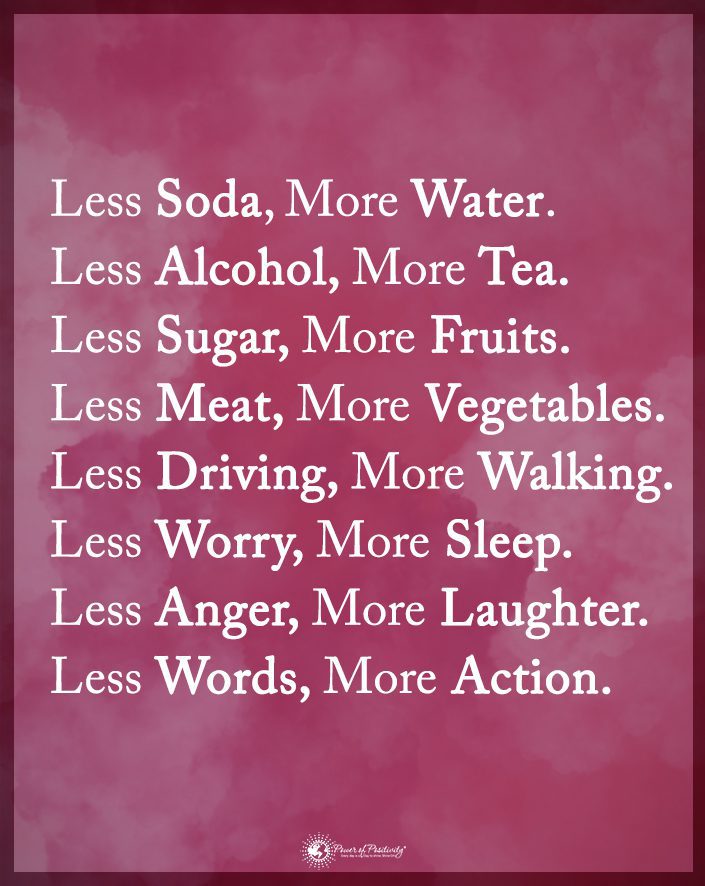When you keep taking things personally, it can take a toll on your well-being. It can make you feel judged or questioned, even when the other person never meant to offend you. These negative thoughts can be emotionally draining.
Someone can ask a harmless question or make a statement that leaves you feeling upset. Likewise, you might feel like the person thinks less of you. Whatever thoughts run through your mind, it’s sure to make you feel like a victim.
Sometimes, you might even take it personally when someone is too busy to see you all the time. It can make you assume the worst, going so far as to think someone doesn’t like you. However, reflecting on your behavior can help you stop taking things personally.
You can adapt some behaviors that allow you to stop taking things personally. Adopting these behaviors helps you develop and grow while building your self-esteem simultaneously.
The Negative Thoughts That Cause Taking Things Personally
There are a few reasons people continually take things personally. The reasons vary for everyone, but some include:
- Being insecure
- Misinterpreting a conversation
- Defensiveness
- Feeling an attack on their character, abilities, or competence
- Having their achievements diminished
- Being disrespected or mistreated
While you can’t control what other people say and do, you can control how you react. Please don’t blame yourself or assume that you’re the reason for their behavior. Whether the things they say are true or untrue, you can choose to disregard or internalize them.
When you internalize, it leads to taking things personally. However, disregarding the words allows you to push away negativity and self-limiting beliefs.
Eleven Ways to Stop Taking Things Personally
Taking things personally can hinder your ability to pursue your goals or engage in your passions. Learning to let go helps you take control of your response, emotions, and energy level.
1. Create Some Space Before Taking Things Personally
When you feel offended, create some space before reacting. Allow yourself to calm down before returning to the situation. By doing so, you can prevent yourself from lashing out in anger, frustration, or pain.
While taking your space, reflect on the situation and see if you reacted negatively. You might realize that the other person wasn’t judging you or being condescending.
Additionally, remember that you don’t know everything about the situation. You don’t know what’s on the other person’s mind or what else they’re dealing with. Whether it’s about you or not, taking time before reacting can make a difference.
2. Focus on Self-Compassion
Self-compassion can help you stop taking things personally. When you’re hard on yourself, it’s easy to become offended by what someone else says.
However, you can choose not to take negative comments personally with self-compassion. It’ll help you stay positive even when another person is rude or insensitive.
When someone is rude to you, you can shift the situation. You can choose not to let it in, allowing you to take control of your emotions and mindset.
3. Change Your Self-Talk from Negative Thoughts to Positive
When you take someone’s statement personally, it often confirms a negative self-thought. The words trigger you because you already feel inferior in that area of life. If this is the case for you, it’s time to shift your mindset and adjust your self-talk.
Rather than think of yourself as messy, consider yourself creative. If you tell yourself you’re not a good cook, remember your other skills. While you can’t be good at everything, you can shift from negative thinking to positivity.
You can stop taking things personally by focusing on what you’re good at. Everyone has flaws and weaknesses, but you shouldn’t fixate on them.
4. Stay Busy
When you don’t have anything to do, it’s easy to let your mind wander to negative thoughts and emotions. This negativity often links to things other people said or about you. Instead of letting your thoughts get the best of you, find ways to stay busy.
Spend your time wisely, doing productive things you enjoy. It keeps you too busy to care what other people say and stops a cycle of negative thinking.
If you aren’t sure what to do to stay busy, think about what you enjoy doing. You can take a class, sign up for a club, or join a team. Or, you can do home-improvement projects to improve your environment while staying busy.
5. Question Your Negative Thoughts and Beliefs
If you greet someone and they don’t respond, you might think it’s because they don’t like you. However, you must question that thought because you don’t know if it’s true.
Instead, the person may not have seen you or didn’t have time to recognize you. Or, maybe they were lost in thought and didn’t even acknowledge that anyone greeted them. Your negative thoughts and beliefs lead to misinterpretation, causing you to take things personally.
6. Know Yourself and Your Worth
If you know yourself and your worth, it’ll boost your confidence. It helps you understand who you are, allowing you to ignore comments that say otherwise. Knowing yourself helps you push away negativity rather than taking it personally.
When you know your worth, it prevents you from believing what other people say about you. Even when they say something passive-aggressive, you’ll be resilient to their attempt to hurt you. Knowing your worth lays a solid foundation for what you need to stop taking things personally.
7. Don’t Reply with Negative Thoughts
When someone disrespects you, don’t respond in the same way. Avoid further toxicity and negativity because it’ll make you part of the problem. It might make you feel good momentarily, but it’ll make you feel bad later.
If you can remember to be mature and respond respectfully, it’ll help you stop taking things personally. You’ll feel better about who you are, too, boosting your confidence.
8. Accept That Not Everyone Will Like you, and It’s Okay
Everyone is different, and that means not everyone will like you. However, don’t take it personally because it’s not worth changing who you are. You can’t force everyone to like you, and you don’t need their approval.
Think about why you take it personally, and then focus on the root of the problem. If you want someone’s approval because you want everyone to like you, shift your mindset. You don’t need everyone to like you, and it’ll never happen anyway, so learn to be resilient when it happens.
Sometimes you’ll want someone to like you because they are a friend or family member of someone you care about. In this case, you must remember that their opinion of you doesn’t change who you are. Even if you’d enjoy their approval, you don’t need it, and you still know your self-worth.
Make an effort to stop caring what other people think about you. It’s not always easy, but you must stay true to yourself and let go of those who don’t embrace it.
9. Be Assertive But Kind
You can be kind while still being assertive. Many people believe that assertiveness is a way to be mean, but it’s not true. Instead, it means standing up for yourself or something you care about.
If someone says untrue things about you, being assertive can end it. Declare the lies and half-truths for what they are, and make it clear that you have boundaries. It helps you regain control of the situation and your response processes.
If you take things personally because you don’t get something you want or deserve. When this happens, it’s up to you to be assertive and ask for it.
Maybe you want your partner to stop bringing something up, but you haven’t asked them. You must speak up and let the other person know that their actions or words cause pain because they might not realize it.
10. Remember That It’s Not About You
When someone is insensitive and says harsh things, it’s often not about you. Sometimes a rude person might be having a bad day and takes it out on whoever they can. Or, they might struggle with self-esteem and confidence and feel better about themselves when they’re mean to others.
11. Ask for Clarification to Eliminate Taking Things Personally
If you know the person well enough, speak up and ask for clarification. When they say something upsetting, it’s best to ask what they meant or intended. You may have misinterpreted the situation, and giving them a chance to explain can prevent future issues.
Plus, asking for clarification prevents you from overthinking the situation later. You either get the answer you wanted or recognize a person you should eliminate from your life. The people in your life shouldn’t intentionally hurt you, so getting clarification can help.
Final Thoughts on the Behaviors That Help Someone to Stop Taking Things Personally
Taking things personally can negatively affect your confidence levels and sense of self-worth. It can also interfere with the progress you make toward your goals.
Rather than letting words bring you down, learn to stop taking things personally. Remember that it’s often not about you at all, and even when it is, it doesn’t change who you are. Let go of things that bring you down, and focus on all the good instead.

















 Community
Community

